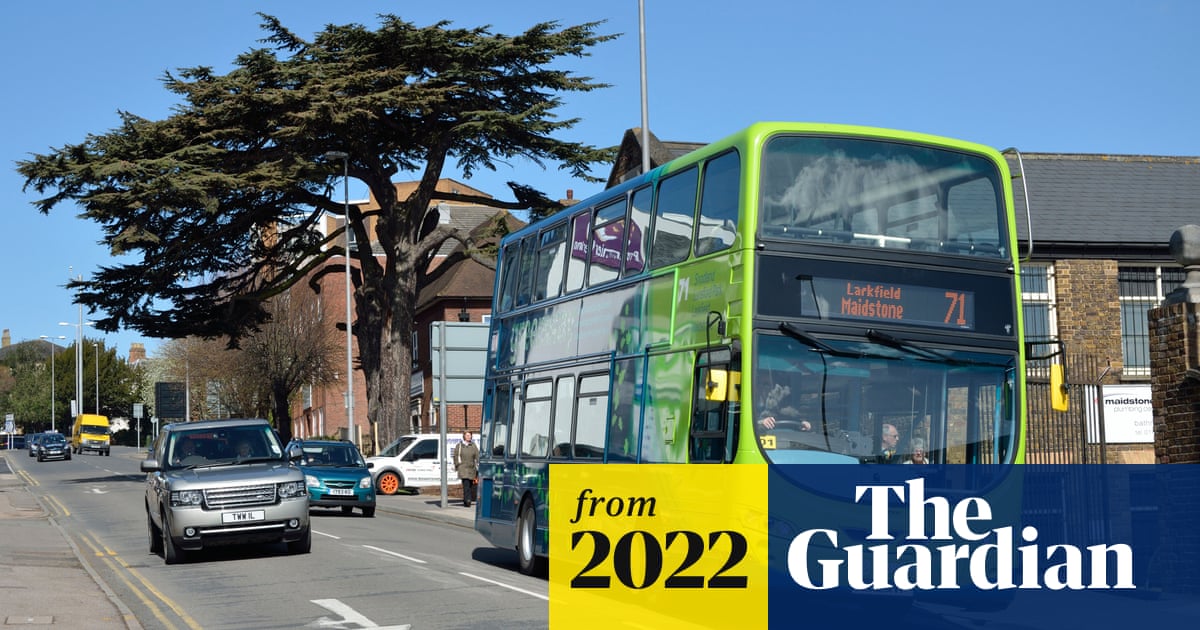TheGrandWazoo
Veteran Member
Alternatively, drivers can simply walk and obtain employment elsewhere. How are you tackling this?If wages rise as significantly as some of the demands from workers, you'll have no passengers left with the spiral I've mentioned above.
Do First pay money then for access to the university or some kind of exclusivity contract going on? That is what most unis which are off the main road seem to have. Money gets exchanged one way or another in some kind of partnership.
First have no contract nor pay access rights. First and Wessex were embroiled in a competitive battle for some years over the main Uni route - First 18 (later U1) vs Wessex U18.
EDIT: Postscript - Wessex had a relationship with both Bath Uni and the Students Union so that they had endorsed by those bodies. However, such were the failings with Wessex (allied to a charm offensive by First) that the endorsement was removed and they instead promoted First based on the student price deals and overall service provision.
Last edited:

